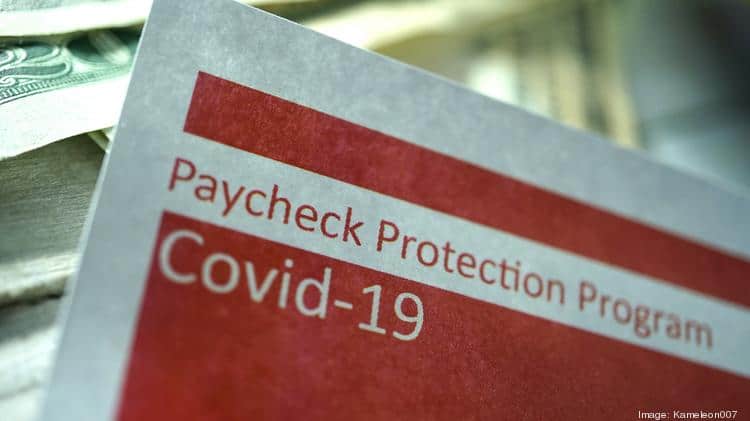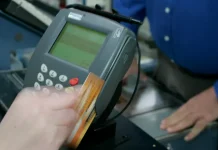
Business owners who received a forgivable loan through the Paycheck Protection Program are likely getting more leeway on how to spend those funds.
The Senate passed legislation Wednesday night that restructures how entrepreneurs can use loans issued through a new federal relief program for small businesses ailing from the economic contagion unleashed by the coronavirus pandemic.
Many business owners have called on Congress to update the Paycheck Protection Program as they struggle to meet its terms and fear they may be forced to take on debt even as their businesses haven’t fully recovered.
The bill, the Paycheck Protection Program Flexibility Act of 2020, now heads to President Donald Trump’s desk for his signature. The House passed the legislation last week.
The bill addresses concerns around loan forgiveness, one of the main attractions of the Paycheck Protection Program.
“We urge the President to sign the bill into law swiftly and deliver this much-needed flexibility for small-business owners,” said Kevin Kuhlman, vice president of government relations at the National Federation of Independent Business, a trade group representing businesses.
Loan forgiveness rules
PPP loans convert into a federal grant if business owners meet certain conditions.
Current rules require business owners to spend their money within eight weeks and direct 75% of funding toward payroll costs to get their loan fully forgiven.
The new legislation extends the deadline to 24 weeks from eight weeks and reduces the share of funding that must be directed toward payroll costs to 60%. It also pushes back a June 30 deadline to rehire laid-off workers.
The Small Business Administration, which oversees the lending program, had approved 4.5 million PPP loans worth $510.6 billion as of Wednesday evening. More than $120 billion in funding is still available.
The legislation comes as most borrowers are poised to extinguish their funding by the end of June.
The current eight-week spending period ends for 30% of borrowers by June 14, according to a recent NFIB survey. Another 36% will do so in the second half of the month.
However, some businesses may not be able to re-open by the time their funding runs out due to existing state or city orders, leaving many wondering how they’ll continue to fund operations after PPP funds are gone. They may also be re-opening at a fraction of their prior capacity due to social-distancing concerns.
“People thought two months was probably going to be enough to get it done,” said Paul Becht, CPA, a partner at accounting firm Margolin, Winer & Evens. “It turned out, it’s not.”
It’s also proven challenging for the self-employed, businesses with few employees and those in metropolitan areas that have high rent payments to devote 75% of loan funding toward payroll costs. The PPP Flexibility Act would grant more leeway, so 40% of the loan could be directed toward non-payroll costs.
The President signaled support for the new measure during a White House event on Monday with restaurant executives who sought changes to the Paycheck Protection Program.
“We’re not asking for more money,” said Tim Love, a celebrity chef with restaurants in Texas and Tennessee, during the meeting. “We’re just asking for the opportunity to spend it the way it was intended.”
The bill’s passage comes amid debate between lawmakers over the contours of a potential future round of financial relief. The coronavirus pandemic pushed broad swaths of the economy to shut down in mid-March and nearly 43 million Americans to file for unemployment.























